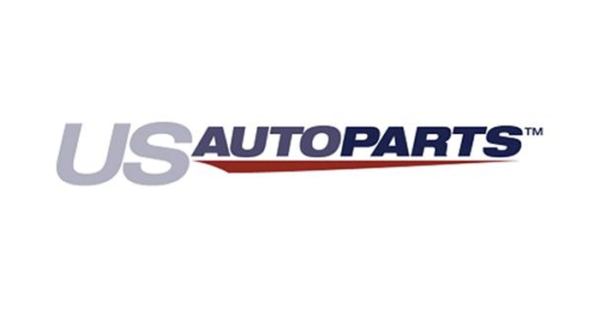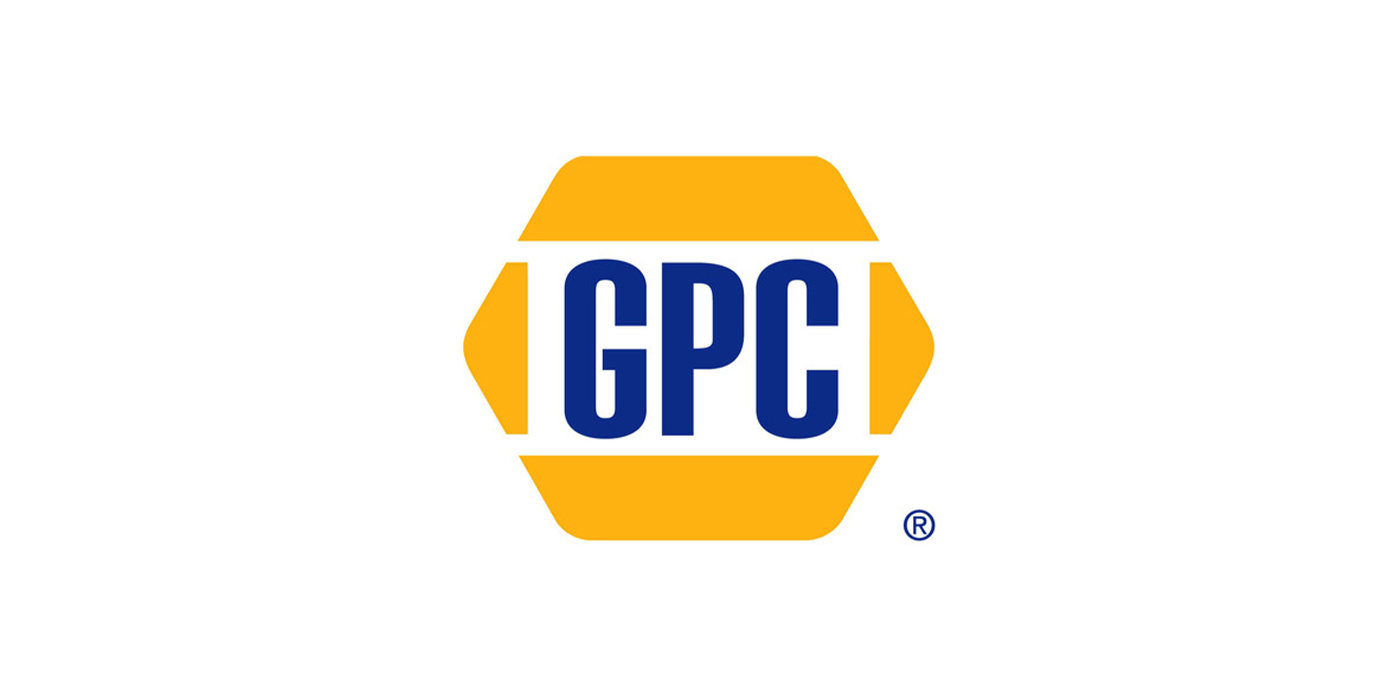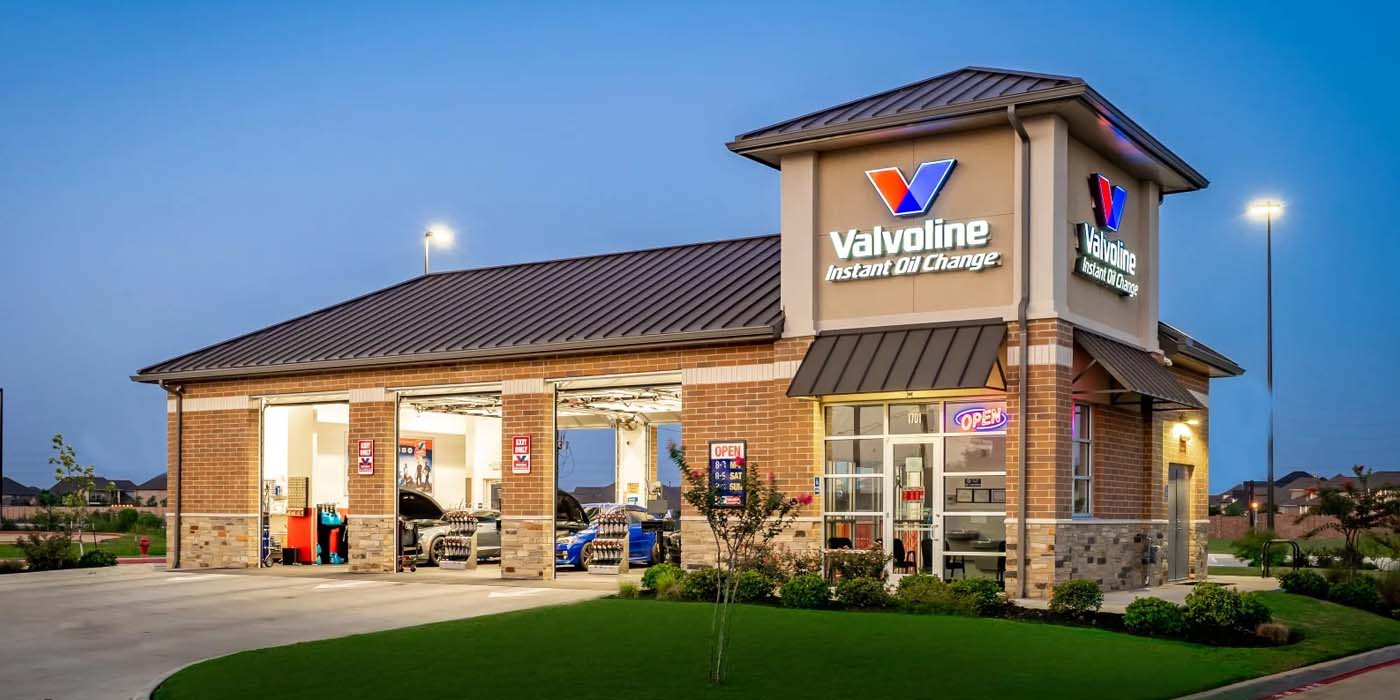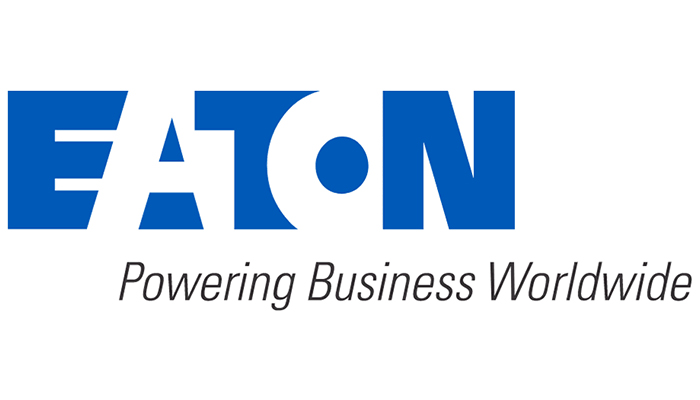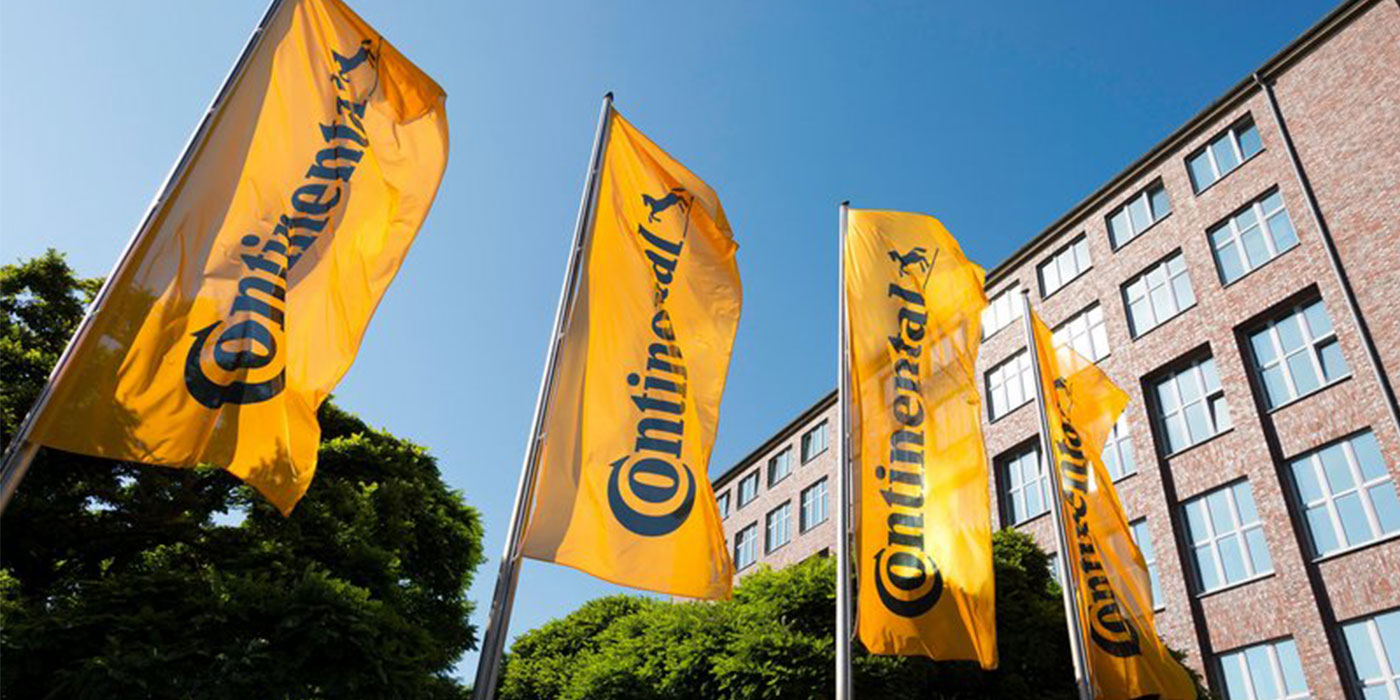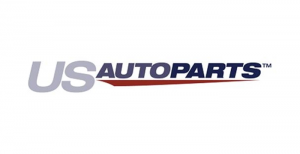 U.S. Auto Parts Network, one of the largest online providers of aftermarket automotive parts and accessories, is reporting results for the second quarter ended June 30, 2018. All information and data are from continuing operations, which exclude the AutoMD operating segment unless specifically noted.
U.S. Auto Parts Network, one of the largest online providers of aftermarket automotive parts and accessories, is reporting results for the second quarter ended June 30, 2018. All information and data are from continuing operations, which exclude the AutoMD operating segment unless specifically noted.
Net sales in the second quarter of 2018 were $77 million compared to $80.2 million in the year-ago quarter. The decrease was largely driven by a 9 percent decrease in e-commerce sales attributable to a decrease in e-commerce traffic and lower in-stock rates resulting from the company’s previously disclosed customs issue.
Gross profit in the second quarter of 2018 was $21.5 million compared to $23.2 million in the year-ago quarter. As a percentage of net sales, gross profit was 27.9 percent compared to 29 percent. The company said the decrease was driven by higher freight costs, as well as factors associated with the customs issue, including lower in-stock rates on higher-margin products and port and carrier fees. As a result of the amortization treatment of port and carrier fees, the company expects gross margin to range between 27 to 28 percent over the next three quarters compared to the 29 to 30 percent range the company expected prior to the customs issue.
Total operating expenses in the second quarter were $21 million compared to $21.7 million in the second quarter of last year. As a percentage of net sales, operating expenses increased to 27.3 percent compared to 27.1 percent in the year ago quarter, with the increase driven by higher legal costs resulting from the customs issue.
Net loss in the second quarter was $0.5 million, or (2 cents) per diluted share, compared to net income of $26.9 million or 67 cents per diluted share in the year-ago period. The 2017 period included a $25.9 million tax credit resulting from the release of a valuation allowance from the company’s cumulative net operating losses.
Adjusted EBITDA in the second quarter of 2018 was $2.8 million compared to $3.8 million in the year-ago quarter, with the decrease driven by the aforementioned lower net sales and profitability resulting from the customs issue and a decline in e-commerce traffic.
Update on Customs Issue
In April 2018, U.S. Auto Parts filed a lawsuit against the United States Department of Homeland Security in the U.S. Court of International Trade. The lawsuit sought relief from an enhanced bonding requirement previously being imposed on U.S. Auto Parts by the United States Customs and Border Protection, an agency of the Department of Homeland Security, and arising from allegations that certain grilles imported by U.S. Auto Parts were allegedly counterfeit and infringed trademarks held by the original automobile manufacturers. On May 25, 2018, the Court granted U.S. Auto Parts’ motion for preliminary injunction and ordered that Customs would be restrained from enforcing any type of enhanced bonding requirement on U.S. Auto Parts in order to obtain entry of its shipments into the United States, and further ordered Customs to use its best efforts to process all of U.S. Auto Parts’ import products not implicated by Customs’ underlying trademark infringement allegations in a timely manner. As of the end of July, all of the remaining shipping containers that were being held up at the Port of Norfolk due to the customs issue were released to U.S. Auto Parts.
Management Commentary
“During the second quarter, our sales and profitability were impacted by the customs issue discussed last quarter as well as a continued decline in e-commerce traffic. Although the seized automotive grilles accounted for less than 1 percent of our annual revenue, Customs was holding approximately 200 of our shipping containers that carried many of our other products and did not release the containers in an expeditious timeframe. As a result, we had significantly lower in-stock rates for both private-label and branded products, as well as higher port and carrier fees associated with the unreleased product and increased legal costs associated with the product seizures and the bonding litigation. These factors culminated in lower sales, gross margins and higher operating expenses for the second quarter.
“Subsequent to the quarter, as of the end of July, the last of our shipping containers were released as ordered by the court. However, in an effort to avoid future supply chain disruptions, we have ceased importing automotive grilles from outside the U.S. and begun to procure alternative sources. This will reduce both revenue and gross margins over the near-term as our entire grille category accounts for approximately three percent of total revenue. The amortization treatment of port and carrier fees will also continue to impact gross margins and operating expenses for the next three quarters.”
“Despite the challenges associated with the customs issue, we have continued to focus on executing our core initiatives of revitalizing our e-commerce sites and expanding our marketplace channel partnerships. We are in the process of enhancing our marketing capabilities through consulting engagements and leadership changes, with the goal of reversing the traffic trends on our e-commerce sites. We also recently signed an agreement with a major global retailer to begin selling our branded and private label products through their online marketplace. This expansive marketplace presents a tremendous opportunity for us to sell automotive products to a large, new customer base. We remain committed to serving our customers wherever they go to shop for online aftermarket automotive parts, be it through our own e-commerce sites or third party marketplace channels.”
2018 Outlook
Due to the aforementioned impact from U.S. Auto Parts’ customs issue and lower than expected marketplace sales, the company now expects net sales to decrease low single digits on a percentage basis compared to 2017 (previously expected low single digit growth compared to 2017). Given the materiality of the costs incurred from the customs issue and its extraordinary nature, U.S. Auto Parts has excluded these costs from Adjusted EBITDA to provide a more accurate representation of the company’s core business results. However, as a result of the lost sales attributable to the customs issue and lower than expected marketplace sales, U.S. Auto Parts is revising its previously issued Adjusted EBITDA guidance range to $12 million to $14 million (previously $13 million to $14.5 million).
U.S. Auto Parts is not including a reconciliation of Adjusted EBITDA guidance to projected net income due to the high variability and difficulty in making accurate long-term forecasts and projections of net operating loss carryforwards, which have a significant impact on future net income results. As a result, U.S. Auto Parts says it is unable to quantify its projected net income without unreasonable efforts.

